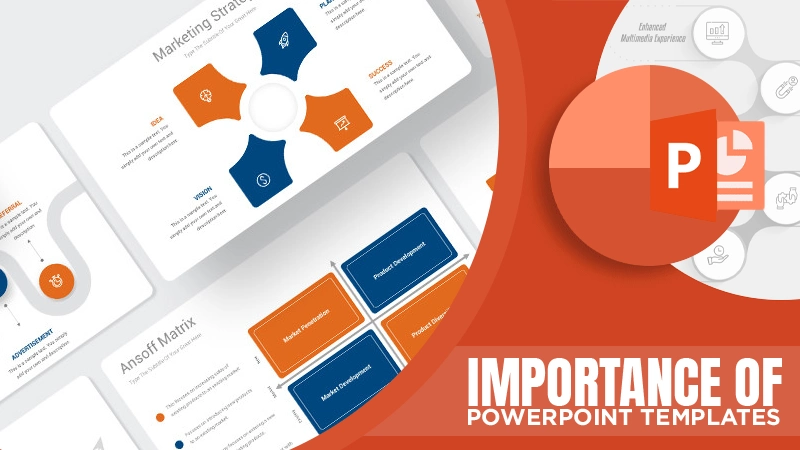
The real estate industry has observed massive growth in recent years due to the latest advancements in business digitization. From listing properties to closing deals, technology has revolutionized every aspect of the real estate process. As a result, it has made it more efficient, transparent, and accessible than ever before.
Today, every real estate app development company relies on multiple tech tools and platforms to streamline their workflows. It makes it easier for them to stay ahead of the competition. Whether it’s data analytics, virtual tours, or mobile apps, technology has become a great asset for anyone who works in this sector.
In this blog, we will cover different aspects of programs. Here, we will discuss the overall impact of this new technology and understand it from the core. You will also learn about the required features of this software according to the current expectations of the users. That’s how you can create a difference in this market by following the content that will come across in this post.
Significance of Mobile Apps for Real Estate Professionals
The great thing about mobile apps is that they offer exceptional convenience and flexibility. That’s how they support agents, and brokers to manage their businesses on the go. The majority of homebuyers are now starting their property search on mobile devices. So, having a tool is now optional and vital for staying competitive in today’s realm. That’s why every other mobile app development company in San Diego is focused on app solutions.
This streamlines the property search process for clients. It also provides agents with powerful mediums for lead generation, client management, and marketing. In a fast-paced industry, they enable professionals to respond quickly to inquiries, schedule appointments, and close deals faster than ever before.
Understanding the Real Estate Landscape

(This graph shows the US real estate market, from 2020-2021, in US$ billion).
The real estate industry is dynamic and various factors influence this sector such as economic conditions, demographic trends, and government policies. Overall, it continues to be a profitable investment opportunity despite occasional fluctuations. The reason behind this is that it equally attracts investors, homebuyers, and renters.
From residential properties to commercial real estate, the market offers a diverse range of opportunities for every party involved in it.
Trends and Challenges Facing Real Estate Professionals
Professionals come across different trends and challenges in today’s competitive market. One prominent trend is the increasing digitization of the industry. The latest technology has revolutionized how transactions are done, properties are marketed, and clients are served.
However, some challenges come along with these opportunities such as adapting to rapidly evolving technologies. On the other hand, staying ahead of the competition while maintaining a personal touch in an increasingly digital world is also quite challenging.
Moreover, these professionals have to overcome regulatory complexities. Apart from that it is also quite difficult to sustain industry volatility, and changing consumer preferences while fulfilling the diverse needs of their clients.
Key Features for Real Estate Apps
Today the app development has scaled up to a great diversity of different types of solutions. However, it must have the following features because these facilitates will help you to create a difference in the market through your app.
Property Search and Listings Functionality
The primary feature of any real estate app is its land search and listing functionality. Therefore, users should be able to search for properties based on their preferences. This function should also include location, price range, place type, and amenities.
The program must provide comprehensive listings with detailed property information. There are several details including photos, descriptions, and specifications, to help users make informed decisions.
Advanced Search Filters and Customization Options
These tools should offer advanced search filters and customization options to cater to diverse user needs and preferences. Users should have the ability to customize their search results based on specific criteria such as square footage, number of bedrooms and bathrooms, land age, and more.
Moreover, it can enhance the consumer experience and increase engagement with customization options. These facilities in the app include saving searches, setting preferences, and receiving personalized recommendations.
Integration of Multimedia Elements
Visual content plays a pivotal role in gaining maximum user attention by showcasing places properly. Therefore, they should integrate multimedia elements such as high-quality photos, and videos. You can also offer virtual tours to provide them with fascinating land experiences.
Meanwhile, interactive features like 360-degree virtual tours allow consumers to explore properties in detail from the comfort of their homes. That’s how these programs enhance the overall user experience and increase engagement.
Real-Time Notifications and Alerts
It’s all about timing in the fast-paced market. So, prompt notifications and alerts keep users informed about new listings, price changes, and updates relevant to their search criteria. You can ensure that consumers never miss out on opportunities with push notifications, email alerts, and in-app notifications.
As a result, they stay connected to the latest developments in the industry, enhancing their overall experience with the software.
Mortgage Calculators and Financial Tools
Buying a property involves complex financial considerations. That’s why real estate apps can provide valuable tools and resources to assist buyers in their decision-making process. There are several engines integrated into these programs like mortgage calculators, affordability calculators, and loan comparison features.
They help users to estimate their mortgage payments, assess affordability, and explore financing options.
Management and Communication Tools for Agents
Client management and communication are key for real estate agents to build relationships and close deals. Therefore, these apps should include client management features such as contact management and appointment scheduling. These tools help agents stay organized and responsive. Modern mechanisms include built-in communication tools such as messaging, email integration, and document sharing.
These engines facilitate smooth communication with clients, enhancing the agent-client relationship.
Secure Payment Gateways
These apps should integrate secure payment gateways to facilitate secure transactions for transactions such as rental payments, deposits, and property purchases. So, it must integrate encryption protocols, SSL certificates, and compliance with industry standards to ensure the security and integrity of financial transactions.
That’s how you provide users with peace of mind and eliminate the risk of fraud or data breaches.
Do You Know?The United States, China, India, Germany, and Japan are the largest housing markets in the world.
Wrapping it Up
There is no doubt that mobile apps have revolutionized the industry. They offer convenience, efficiency, and competitive advantages to professionals. With features like advanced search filters, multimedia integration, and notifications, these tools streamline workflows, enhance client engagement, and drive results.
Apart from challenges such as market volatility, technology, and mobile programs provide solutions to capitalize on trends and meet evolving consumer needs. So, businesses must utilize these tools to ensure their growth in today’s competitive industry of real estate.
















